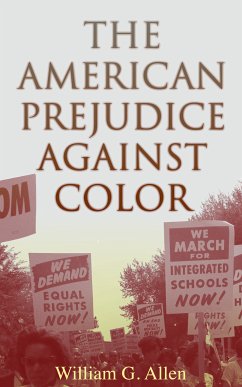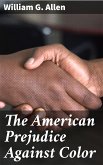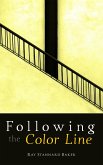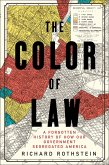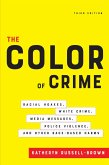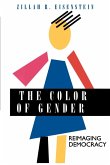"Many persons having suggested that it would greatly subserve the Anti-slavery Cause in this country, to present to the public a concise narrative of my recent narrow escape from death, at the hands of an armed mob in America, a mob armed with tar, feathers, poles, and an empty barrel spiked with shingle nails, together with the reasons which induced that mob, I propose to give it. I cannot promise however, to write such a book as ought to be written to illustrate fully the bitterness, malignity, and cruelty, of American prejudice against color, and to show its terrible power in grinding into the dust of social and political bondage, the hundreds of thousands of so-called free men and women of color of the North. This bondage is, in many of its aspects, far more dreadful than that of the bona fide Southern Slavery, since its victims-many of them having emerged out of, and some of them never having been into, the darkness of personal slavery-have acquired a development of mind, heart, and character, not at all inferior to the foremost of their oppressors." William G. Allen (1820-1888) was an African-American academic, intellectual, and lecturer. For a time he co-edited The National Watchman, an abolitionist newspaper. While studying law in Boston he lectured widely on abolition, equality, and integration. He was then appointed a professor of rhetoric and Greek at New-York Central College. Meeting and falling in love with a white student, Mary King, the couple married in secret in 1853. This was the first legal marriage between a "colored" man and a Caucasian woman to take place in the United States.
Dieser Download kann aus rechtlichen Gründen nur mit Rechnungsadresse in A, B, BG, CY, CZ, D, DK, EW, E, FIN, F, GR, H, IRL, I, LT, L, LR, M, NL, PL, P, R, S, SLO, SK ausgeliefert werden.

